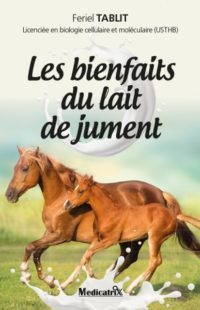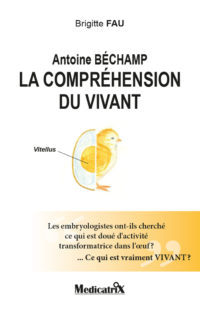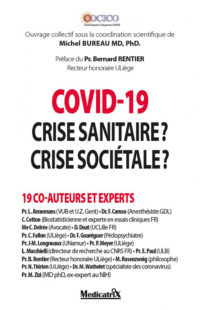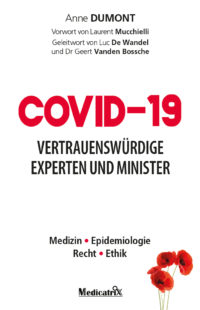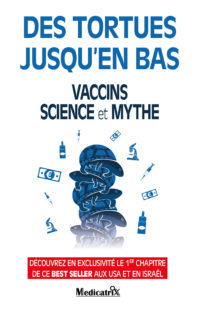Actualité brûlante du docteur Georges Mouton, médecine fonctionnelle.
UNE MULTITUDE DE MALADIES SONT LIÉES À LA DYSBIOSE INTESTINALE !
Au cours du dernier quart de siècle, je me suis constamment battu contre le scepticisme énorme qui touche la « dysbiose intestinale » ainsi que le « leaky gut ». J’ai effectivement attribué ce dernier « label » aux patients qui présentent des réponses immunitaires IgG exagérées envers de multiples aliments, ou alors aux patients testés spécifiquement en vue d’identifier une telle dysfonction, en général un test urinaire particulier.
Je peux également parvenir au diagnostic de « dysbiose intestinale » en évaluant le microbiote intestinal (communauté microbienne correspondante) à partir du profil des métabolites organiques urinaires (kit MOU). Ce test peut conduire à un diagnostic plus ciblé, à savoir déterminer s’il s’agit de dysbiose bactérienne et/ou de dysbiose fongique, et aussi indiquer la sévérité de la prolifération.
L’explication du concept a évolué au fil des ans, partant de la simple ‘prolifération microbienne’ puis aboutissant à la ‘diminution de la diversité bactérienne’, comme stipulé dans l’article publié le 28 mars 2017 et couvert par la citation #08 que vous lirez, j’en suis certain.
Le résumé de l’article confirme que « une multitude de maladies (…) sont associées à une dysbiose intestinale ». La base de données scientifiques et médicales PubMed retrouve à ce jour 108 articles incluant dans leur titre les mots « dysbiose intestinale ».
Cela suffira-t-il à mettre fin au scepticisme, voire même aux critiques des collègues à ce propos ?
» Retrouvez tous les tweets du docteur G. Mouton sur son site internet.
A MULTITUDE OF DISEASES ARE LINKED WITH INTESTINAL DYSBIOSIS
Throughout the last quarter of century, I have constantly battled against huge scepticism regarding “intestinal dysbiosis”. I have been quoting these two words among patients who show exaggerated IgG responses against multiple foods or among patients specifically tested for that goal.
I may also deliver such conclusions according an evaluation of intestinal microbiota (community of microbes in the gut) from the Urinary Organic Metabolites profile (MOU as French acronym). This test may sometimes lead to more precise statements, i.e. “fungal” or “bacterial” dysbiosis.
Explanation for this concept has evolved through the years, starting from pure microbial overgrowths to “decreased microbial diversity”, as stated in a mainstream article published on 28th March 2017 (see QUOTE #08).
Article’s abstract confirms that “a multitude of diseases (…) are associated with intestinal dysbiosis”. PubMed shows 108 articles including two words “intestinal dysbiosis” in their title! Will that suffice to stop colleagues’ scepticism or even criticism about the concept? I am far from sure, as it appears an average of 17 years are needed to transfer science in practice.
» Find all the tweets of doctor G. Mouton on his website.
In this revealing, and sometimes polemic, collection of articles, world renowned Functional Medicine expert Dr Georges Mouton MD, in collaboration with Nutritional Medicine expert Glen Matten, expose the myths, mistaken beliefs and preconceived ideas that exist in healthcare today. Embracing an evidence-based approach, combined with decades of clinical experience, they share an unrivalled commitment to the pursuit of optimum health status. The content of this explosive cocktail of articles will shock, inspire, and enlighten in equal measures, ultimately paving the way to a new powerful, preventive approach to health and the ongoing battle against chronic disease.




